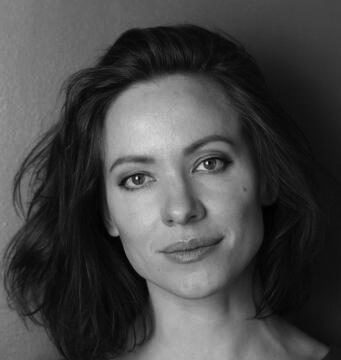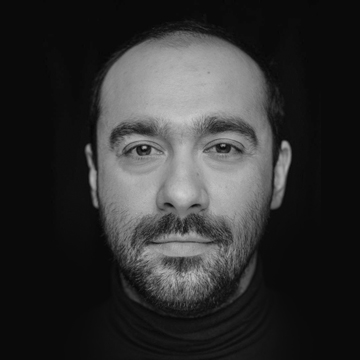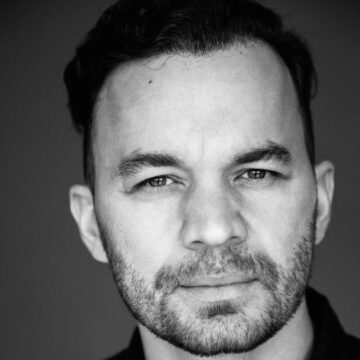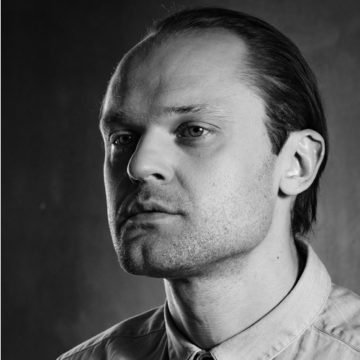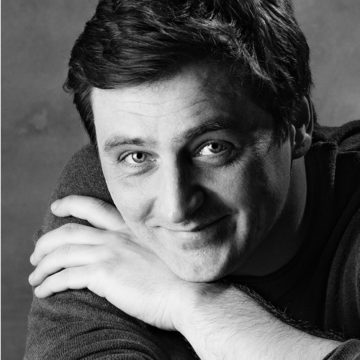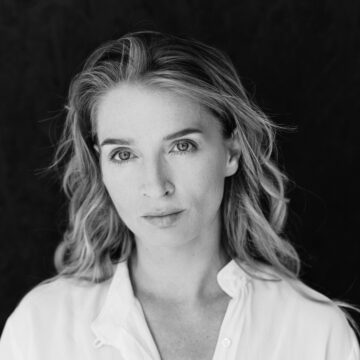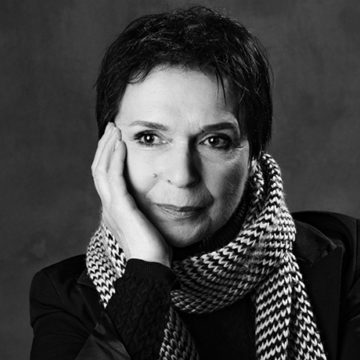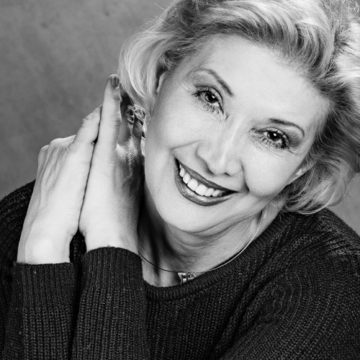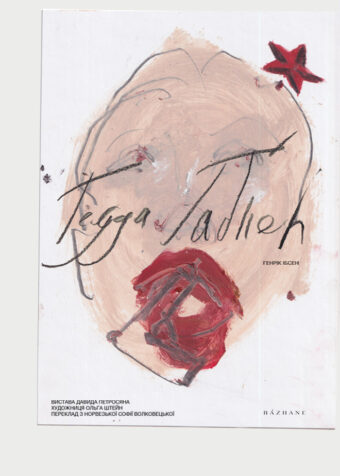
| Scene | NEW STAGE |
| Performance start | 18:00 |
-
03 Mar, Tuesday18:00 / 0 hrn.Sold Out
-
04 Mar, Wednesday18:00 / 0 hrn.Sold Out
-
09 Mar, Monday18:00 / 0 hrn.Sold Out
-
27 Mar, Friday18:00 / 0 hrn.Sold Out
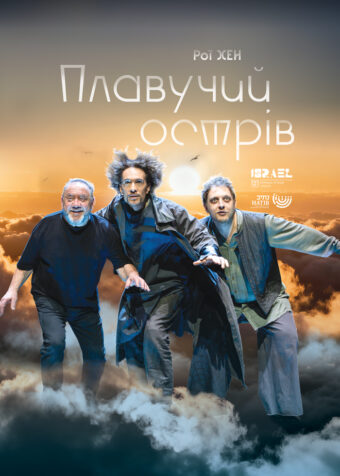
The play features gunshots and cigarette smoke!
Hedda is not just a general’s daughter on paper. She is shaped by military discipline, the aesthetics of uniformity, a strict code of honor, power, and external polish. She grew up in an atmosphere of control and submission — but not emotional closeness; of high standards — but not a love of life; of polished reputation — but not sincerity.
This paternal authority turned her into a woman who sees vulnerability — emotions, dependence, the need for tenderness — as almost shameful. She seeks domination, but not through love — through power. Because that’s what her father taught her — not with words, but with silent presence.
After the death of her father, General Gabler, Hedda Gabler marries Jørgen Tesman — a kind, boring, and, worst of all, pettily ambitious scholar. He genuinely hopes to secure a professorship and build a career in a field that interests only people like Tesman. All Hedda wants from this life is to escape. But, as in any good tragedy, escape is only possible inward. And what’s inside — is even worse.
Suddenly, Eilert Løvborg bursts into their lives — Hedda’s former lover, talented, rebellious, destroyed by alcohol and his own nature. He arrives with his “great work,” a kind of bible of new thought. He’s the only man who stirs even a flicker of her soul.
But Hedda isn’t about love. She’s about power. And when she can’t control her own life, she begins to control someone else’s. Like a god, like a playwright, like a cruel director of others’ fates. She provokes Løvborg into self-destruction, burns his manuscript (because “it’s beautiful — to burn”), pushes him toward death, but demands that it be aesthetic.
Of course, things don’t go according to script. Løvborg dies — but accidentally, banally, without glory. And Hedda loses the last thing she had: the illusion of control. She’s no longer a player. She’s a piece on someone else’s chessboard.
And when the new reality — the petty evil of social blackmail embodied by Judge Brack — demands that she live, she chooses to exit. With a slam of the door. Like Nora? No. This isn’t escape. It’s a farewell shot into the void. Ibsen writes about a woman, but really — about a human soul that suffocates not from lack of air, but from lack of meaning. This is the tragedy of someone who wants to be a god but has only the gray tools of everyday life.
Hedda is not just a woman. She is a symbol of a generation raised on authority, hierarchy, and templates. She dreams of movement, change, beauty — but has no language for freedom. She wants to live differently, but each time drags along the old scripts: control, false brilliance, reputation. She left the general’s house — just as we left the empire — but never fully closed the door behind her.
Performance language - ukrainian
Additional Information - Translated from Norwegian by Sofia Volkovetska
2 hours without intermission
Genre - Drama
First night - 7 June 2025
Author - Henrik Ibsen
Director, music - David Petrosyan
Set - Olga Stein
Costume - Olga Stein & BAZHANE
Light - Maksym Muzira
Sound - Sergii Shevchenko, Oleksii Sergienko
Asistent director - Sofia Lyudvichenko






